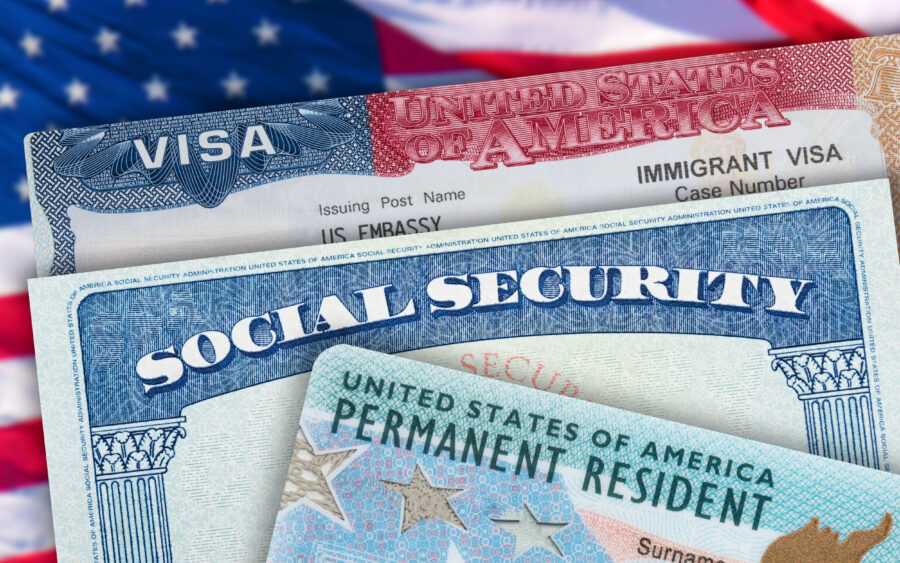Canadians, Europeans Skip U.S. Travel in 2025

Once a top destination for international tourists, the U.S. is now facing a sharp decline in visitors from its closest allies—many of whom are choosing alternative destinations that offer safety, hospitality, and cultural openness.
In 2025, a growing number of Canadians and Europeans are turning their backs on travel to the United States, citing increasingly hostile immigration policies, aggressive border enforcement, and a political climate that feels anything but welcoming.
For decades, the United States was seen as a beacon of opportunity and adventure. From the bustling streets of New York City to the sun-soaked beaches of California, it offered something for every traveler. But recent years have seen a dramatic shift in perception. Policies enacted by immigration bodies like Customs and Border Protection (CBP) and Citizenship and Immigration Services (CIS), combined with inflammatory rhetoric from political leaders, have created an environment that many foreign travelers now view as unpredictable and even dangerous.
Canadians, in particular, have been vocal about their discomfort. According to recent travel data, cross-border car trips from Canada to the U.S. dropped by over 35% in the first half of 2025. Air travel saw a similar decline, while Canadian tourism to Europe, Mexico, and the Caribbean surged. A survey conducted by the Angus Reid Institute revealed that 63% of Canadians felt less inclined to visit the U.S. due to its current government policies, and only 36% believed the country was welcoming to diverse travelers.
The sentiment is echoed across the Atlantic. European travelers have reported troubling experiences at U.S. borders, including arbitrary detentions, invasive questioning, and even denial of entry despite valid documentation. One widely publicized case involved a Welsh tourist who was detained for 10 hours and labeled an “illegal alien” due to a visa misunderstanding—despite having legal arrangements to visit. Such incidents have fueled a growing distrust of U.S. immigration authorities and led many Europeans to reconsider their travel plans.
Travel agents in both Canada and Europe are responding to the trend. Many now advise clients to avoid the U.S. altogether, citing the risk of being detained or mistreated. Instead, they recommend destinations that are perceived as safer and more culturally inclusive. Countries like France, Italy, Spain, Mexico, and Thailand have seen a noticeable uptick in tourism from North America and Europe, as travelers seek experiences that don’t come with the anxiety of border confrontations or political hostility.
The economic impact on the U.S. tourism industry is significant. Analysts estimate that the country could lose up to $29 billion in international visitor spending in 2025 alone. Major cities that rely heavily on tourism—such as New York, Los Angeles, and Miami—are already feeling the pinch, with hotel bookings and international flight arrivals down by double digits.
Beyond the financial consequences, the shift reflects a deeper cultural divide. Travelers today are more conscious of the values and policies of the countries they visit. They want to feel safe, respected, and welcomed—not scrutinized or marginalized. As long as the U.S. continues to project an image of hostility and unpredictability, it risks alienating the very people who once saw it as a dream destination.
In the meantime, Canadians and Europeans are discovering new corners of the world—places where hospitality isn’t just a slogan, but a lived experience. And while the Statue of Liberty may still stand tall, her message of welcome seems to be fading from the minds of many who once looked to her with hope.
Related News: https://airguide.info/category/air-travel-business/travel-health-security/
Sources: AirGuide Business airguide.info, bing.com
